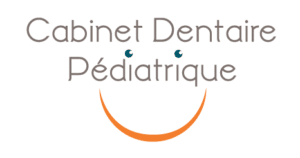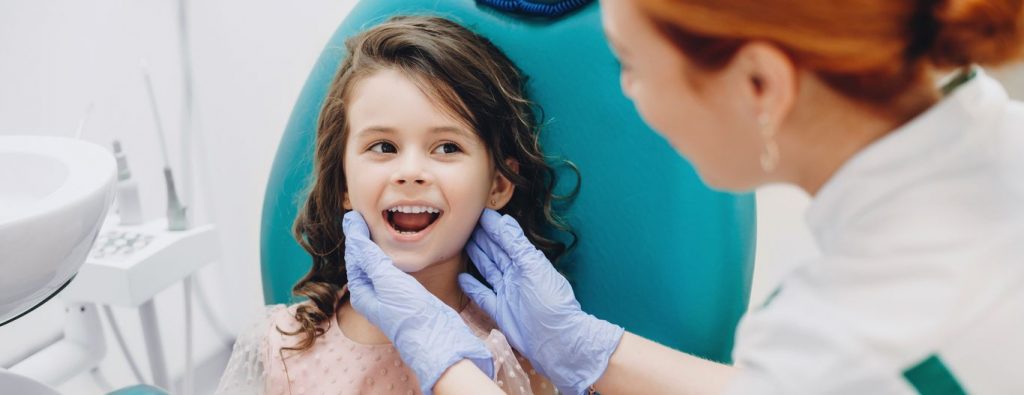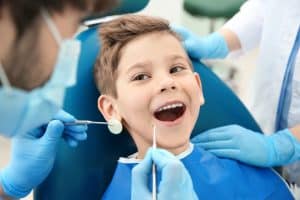Bruxism is the involuntary grinding or clenching of teeth. It is a very common disorder in young children and often occurs during sleep.
Find out what causes bruxism and how it can affect your baby's health.
The different causes of bruxism
Physiological causes of bruxism
Bruxism in young children can be caused by a variety of factors. Most of the time, babies grind their teeth when they are teething. The pain caused by the appearance of baby teeth is effectively relieved with a back-and-forth movement of the jaws.
Teeth grinding can also be caused by misalignment of the jaws. The misalignment of the jaw bones causes discomfort for the child who grinds his or her teeth.
A bad bite of the jaw, i.e. a jaw that does not close properly, can also be the cause of bruxism.
Teeth grinding can occur when children are sick. Bruxism can occur or worsen when young children have blocked sinuses or earaches.
Baby grinds his teeth at night: psychological causes
Bruxism in children is also a response to stress. If the child is anxious, then teeth grinding may begin or intensify during this time. Anxiety before bedtime also promotes bruxism.
Teeth grinding can sometimes be caused by the development of a bad habit. Some children do it just for the pleasure of hearing the sound their teeth make.
Children with developmental disabilities are more likely to be prone to bruxism. There are many cases of teeth grinding in children with autism. Children with sensory deficits try to compensate for their deficits by seeking sensory stimulation in their mouths.
Grinding your teeth at night: what are the consequences?
In the short term, mild bruxism has no real impact on children's health.
However, prolonged teeth grinding can damage the enamel and increase tooth sensitivity. The child then develops sensitivity to heat and cold while eating. In addition, brushing the teeth becomes difficult to bear.
Premature wear of baby teeth is the main consequence of bruxism. Teeth that are under a lot of pressure due to friction can crack or break.
In the long term, bruxism can cause teeth to shift, affect the jaw joints, and even affect hearing.
Tooth grinding in children is common and not dangerous if it is temporary. If bruxism persists, it is necessary to consult a pediatric dentist who can recommend an appropriate solution.
There are several treatments available, including braces to protect baby teeth or muscle relaxants to loosen the jaw muscles.


